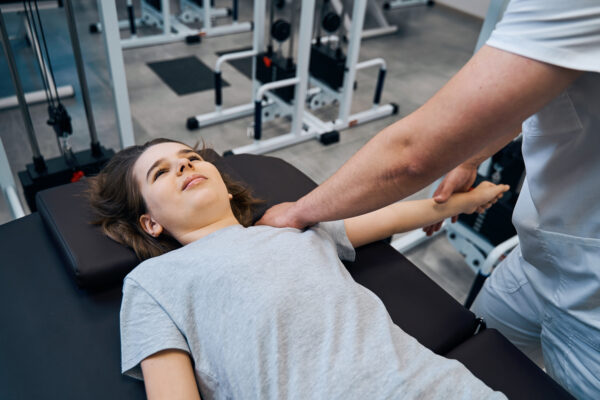
Recovering from a personal injury can be a challenging and emotionally taxing journey. However, with the right supportive strategies, individuals can navigate this path toward healing with resilience and hope. Through a combination of emotional support, learning meaningful ways to cope, taking care of oneself, and legal guidance, victims of a personal injury can nurture a positive and informed recovery experience.
The Significance of Emotional Support
Emotional support is not simply a nice thing to do but a critical part of the healing process after a personal injury. It provides the foundation for individuals to rebuild their lives and move forward with resilience and strength. Personal injury events can be unexpected and shocking, causing both physical and emotional pain for the victim. Dealing with the aftermath of such events can be challenging. Victims could be experiencing intense grief and suffering from anxiety, anguish, fear, anger, and guilt.
Emotional support provides a safe space for individuals to express these emotions, reducing the risk of developing conditions like depression or anxiety. Such support helps individuals develop healthy coping mechanisms to navigate challenges and adapt to new circumstances. It also lets them feel connected to others, reducing feelings of loneliness and isolation during a difficult time. It can also provide encouragement and motivation to help them focus on their recovery goals.
Coping Strategies
Coping strategies after a personal injury will likely vary greatly depending on the nature of the injury, its severity, and individual differences in personality and circumstances. That said, as mentioned, emotional support is one of the most important coping strategies after a personal injury. Talking to friends, family members, or a therapist can provide a much-needed outlet for expressing emotions and processing the experience of the injury. Just as importantly, it keeps you connected. Maintaining social connections and staying engaged with friends, family, and community activities can provide much-needed support and distraction during recovery.
Self-Care
It’s also important to educate oneself about the extent of the injury they have suffered, the treatment options, and the expected recovery process to help alleviate anxiety and uncertainty. Though it may seem a cliché, self-care is about focusing on the positive and the practical.
After a personal injury, self-care helps promote physical healing, manage pain and discomfort, boost mental well-being, restore independence, facilitate rehabilitation, prevent burnout in caregivers, and encourage self-advocacy. Proper rest, nutrition, and following medical advice can accelerate the healing process. Caring for your body allows it to repair and regenerate damaged tissues or broken bones more effectively. Following prescribed rehabilitation exercises or attending therapy sessions helps promote mobility, strength, and functional recovery. It can also help restore independence or at least regain control and autonomy by actively participating in one’s recovery process. Making progress through rehabilitation exercises can prevent burnout and help relieve stress, anxiety, or depression. Prioritizing self-care enhances overall recovery and improves the quality of life during the healing process.
Legal Guidance
Dealing with the aftermath of a personal injury can be overwhelming. Legal guidance after a personal injury helps individuals understand their rights and what they’re entitled to under the law. An experienced personal injury attorney can assess the circumstances of the injury and evaluate the potential for compensation based on a range of factors like liability, damages, and insurance coverage. They have the expertise to navigate the complexity of personal injury law to help maximize the compensation you receive. They can negotiate with insurance companies or pursue litigation to secure the best possible outcome for medical expenses, lost wages, pain and suffering, and other damages. More importantly, they will handle all the legal procedures, provide support throughout the legal process, and serve as your advocate to ensure your rights and interests are fully met.
For nearly fifty years, the law firm of Hardy, Wolf & Downing has been leading advocates in Maine for personal injury victims. We help our clients navigate through life after they have been injured. Our goal is to provide you with peace of mind while knowing that someone is fighting for your best interests and handling the legal aspects of your case. Contact us today for a free consultation.

